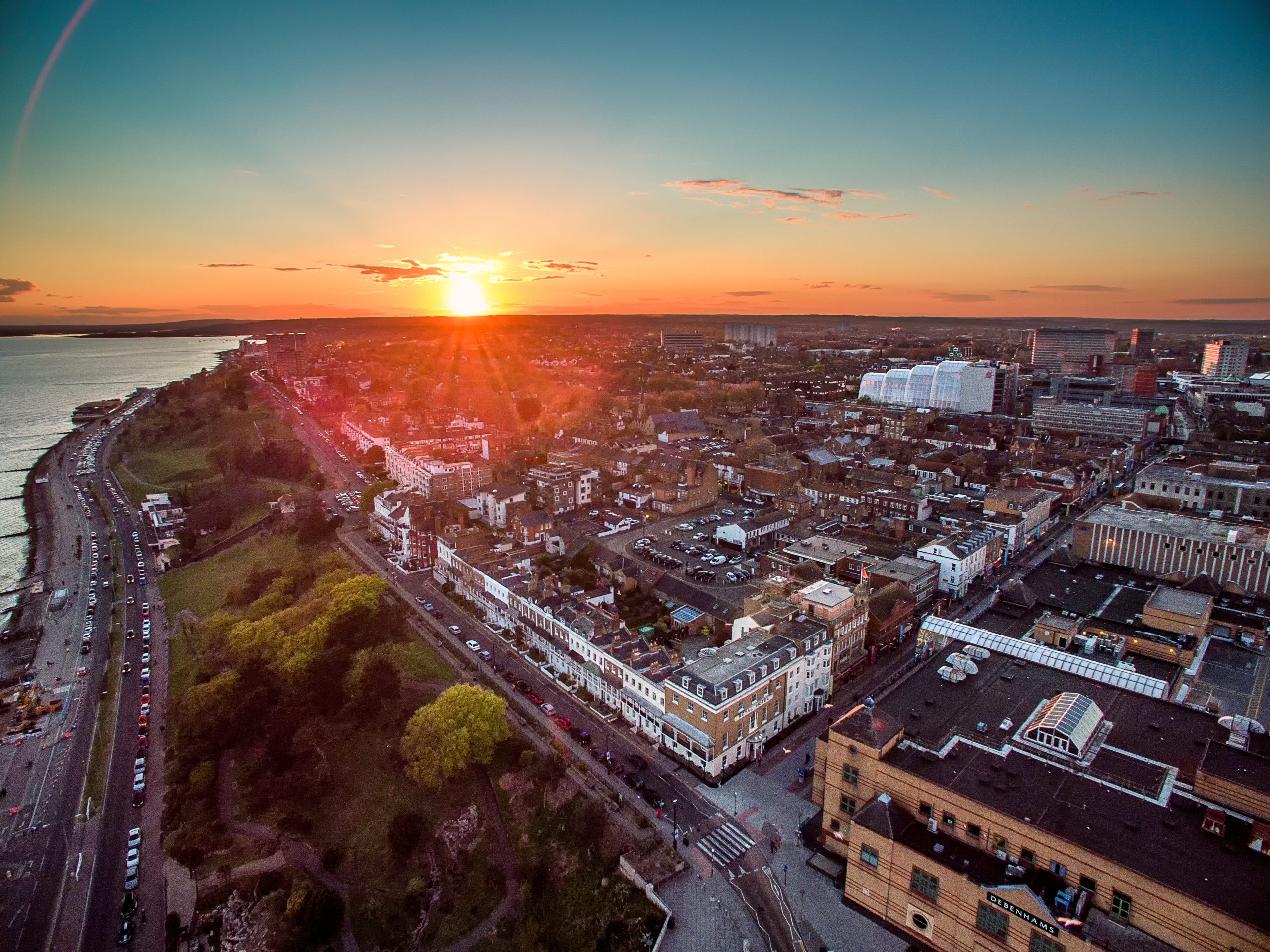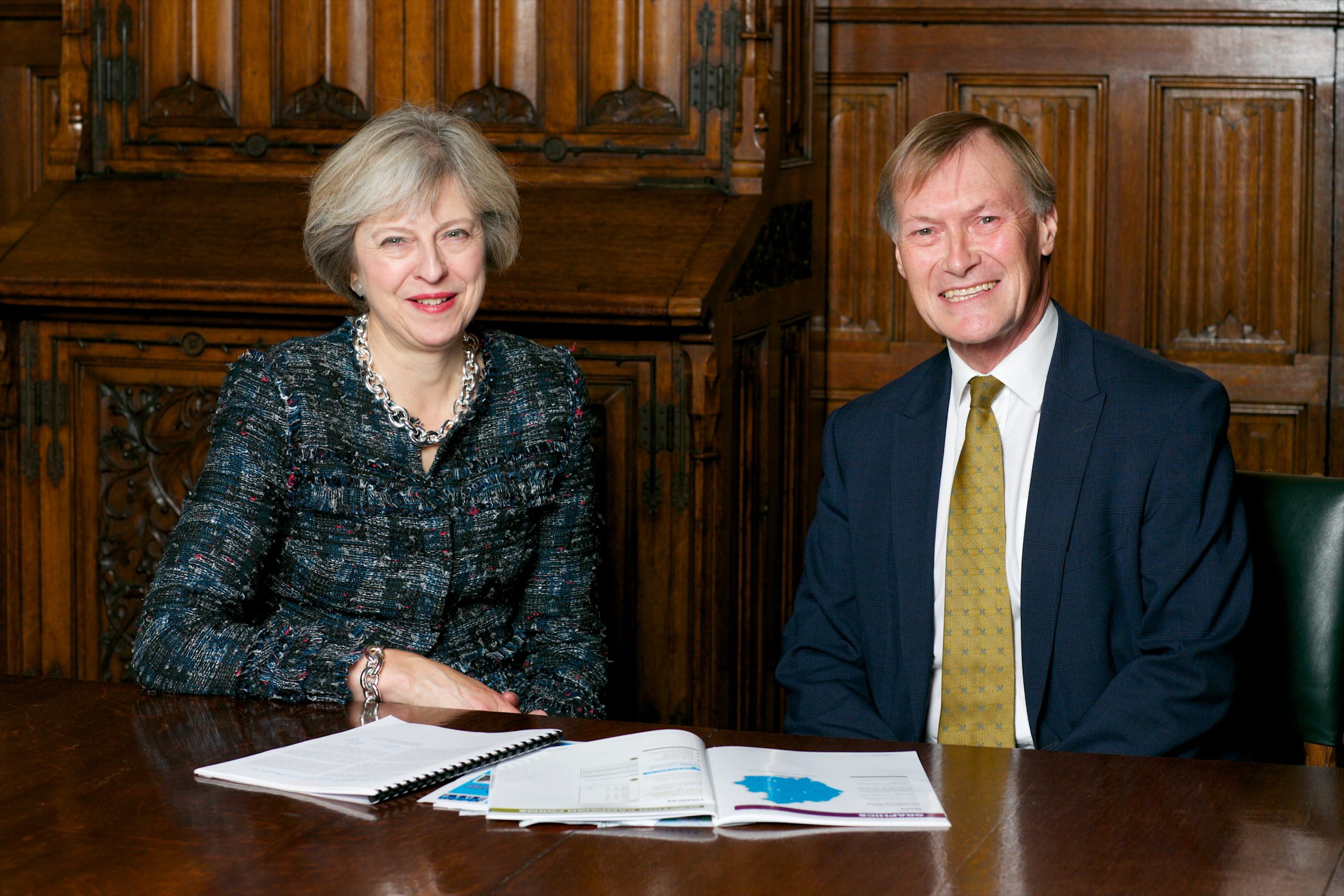What does city status mean - and what happens when a town becomes a city?


Boris Johnson announced this week that the Queen has agreed to give Southend city status - but what does it mean for the town?
The Prime Minister said that the Queen had agreed to give Southend-on-Sea its new status in tribute to Sir David Amess, who was killed while holding a constituency surgery on Friday in Leigh-on-Sea in Essex. The Conservative MP had been a long-standing campaigner for the idea over the almost-40 years he was in office.
Before his death, Sir David described the honour as having “enormous” benefits for the town.
What does city status mean?
City status is a title that the Queen grants to a select group of communities.
While many people think that a city contains a cathedral, this is a medieval rule that’s not in place today.
Cities were first established in the early 1540s by King Henry VIII when he founded church dioceses. He did this in six English towns and granted them this new status. But by the 20th century, this tradition was no more. Instead, officials created cities out of communities based on a whole host of criteria, including the size of the population.
Before the change in status for Southend, there were 69 cities in the United Kingdom in total. 51 of them are in England, seven in Scotland, six in Wales and there are five in Northern Ireland.
GoodtoKnow Newsletter
Parenting advice, hot topics, best buys and family finance tips delivered straight to your inbox.
As part of the Queen’s Platinum Jubilee next year, as well as an extra bank holiday, the monarch will give another handful of towns in the UK city status.
Councils have until the deadline on December 8 2021 to make their bid for the status change.
What happens when a town becomes a city?
Not a lot happens when a town becomes a city as cities don’t get any tax breaks. They also don't get any additional powers or new architectural monuments to signify their status.
Professor John Beckett at Nottingham University, who is an expert on the granting process, said that it’s entirely “a status thing”.
“There never has been any privileges. It’s always been a status thing, nothing more. There’s nothing to stop places declaring themselves a city - Dunfermline did it,” the professor told BBC News back in 2014.
He said the system of giving cities status “makes no sense” and it’s just “a bit of patronage to government.”

So why did Sir David Amess work so hard for Southend to be made a city?
There are two main reasons why a town may want to become a city, according to experts in the area. They are more possible opportunities for economic growth and to mark the city’s achievements.
Becoming a city could be great for business in some cases, geography professor at the University of Reading, Dr Steve Musson found. Researchers conducted a study and discovered that some past winners of city status achieved more business growth than their neighbours, who remained as towns.
But Dr Musson said that the link between city status and economic success wasn't entirely conclusive. He explained, "For every place that experiences growth after becoming a city, there are others that don’t see direct economic benefits.
“No new powers or funding is directly associated with becoming a city. Winners often hope it can be a catalyst for regeneration and future success.”
Dr Musson also notes that sometimes city status marks notable events in UK national history. “To become a city, places must demonstrate their historical importance, their role as a centre of government and culture, and their economic strength,” he said.

James Duddridge, representing the neighbouring constituency of Rochford and Southend East, said the decision meant “a lot to everybody”. Although, he added, they didn't want people to think of Southend as the place where Sir David was killed.
Instead, he hopes, the city will be in people's minds for its “characteristics such as its pier, airport and football.”
What makes Southend a city?
Sir David Amess had campaigned for 20 years for Southend-on-Sea to become a city.
And since the Queen was already planning on granting more city status to towns as part of her Platinum Jubilee in 2022, she approved Southend’s application early to honour the memory of the MP.
Boris Johnson said, “As it is only a short time since Sir David last put that very case to me in this chamber, I am happy to announce that Her Majesty has agreed that Southend will be accorded the city status it so clearly deserves.”
“That Sir David spent almost 40 years in this House, but not one day in ministerial office, tells everything about where his priorities lay.”
Speaking in the House of Commons in tribute to the late MP Sir David Amess, the Prime Minister continued, “We will not allow the manner of Sir David’s death to detract from his accomplishments as a politician or a human being.
"He never once witnessed any achievement by any resident of Southend that could not somehow be cited in his bid to secure city status for that distinguished town.”
Many other MPs and ministers also paid tribute to Sir David in the Commons chamber on Friday. They recalled his tireless campaign for the Essex town to become a city in the coming years.
Before his death, Sir David spoke personally to the BBC on the matter too. He said, “If the House of Commons wants to shut me up from being the city bore, then they are going to have to grant it to us.
"I’ve spent all my time mentioning it at every conceivable opportunity. It is a no-brainer. The benefits are enormous, frankly.”
Sir Keir Starmer called the decision to give Southend its long-awaited city status a “fitting tribute” to the MP.

Grace Walsh is a health and wellbeing writer, working across the subjects of family, relationships, and LGBT topics, as well as sleep and mental health. A digital journalist with over six years experience as a writer and editor for UK publications, Grace is currently Health Editor for womanandhome.com and has also worked with Cosmopolitan, Red, The i Paper, GoodtoKnow, and more. After graduating from the University of Warwick, she started her career writing about the complexities of sex and relationships, before combining personal hobbies with professional and writing about fitness.